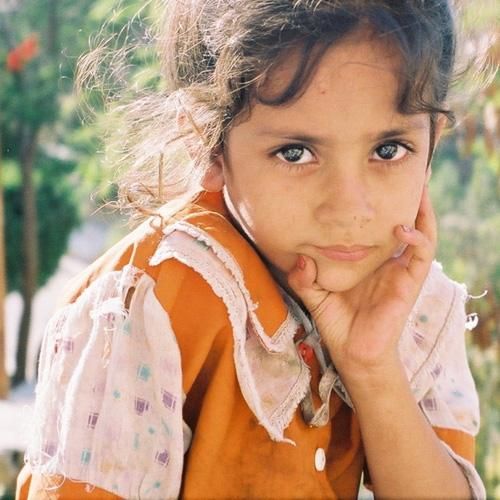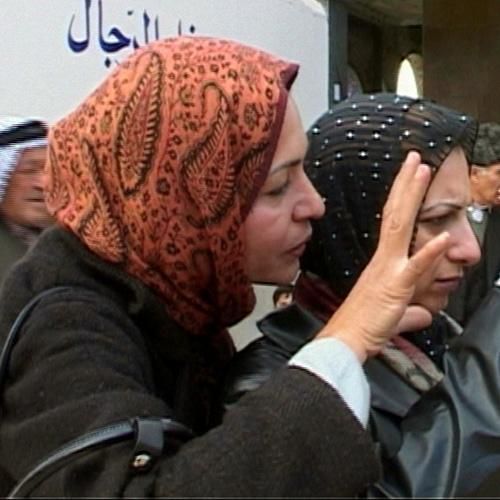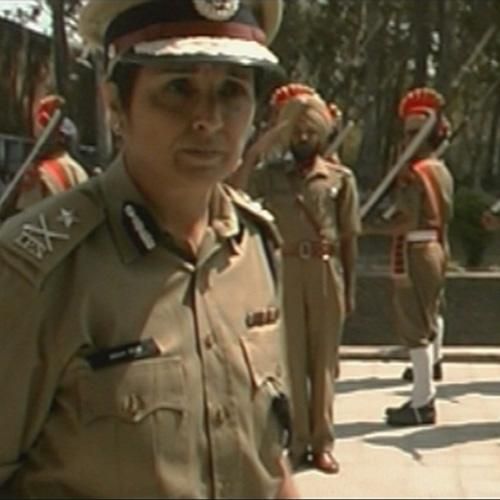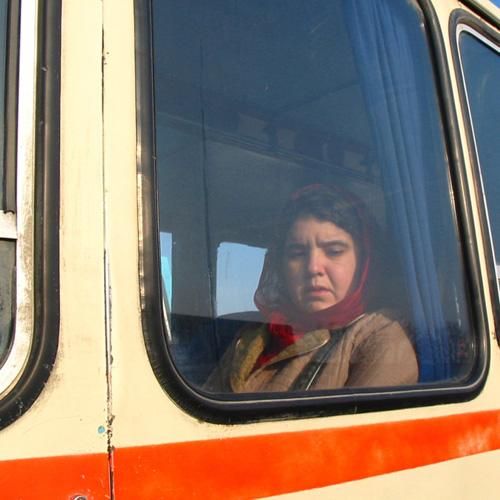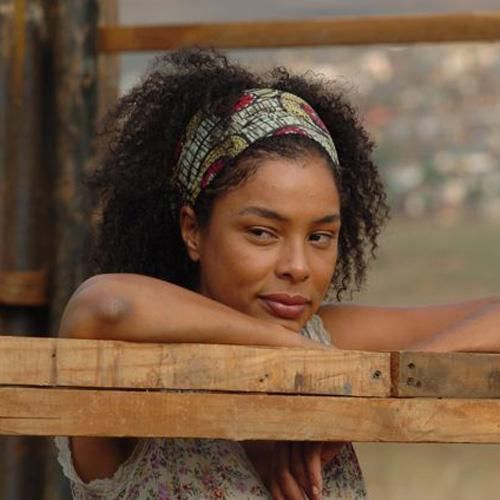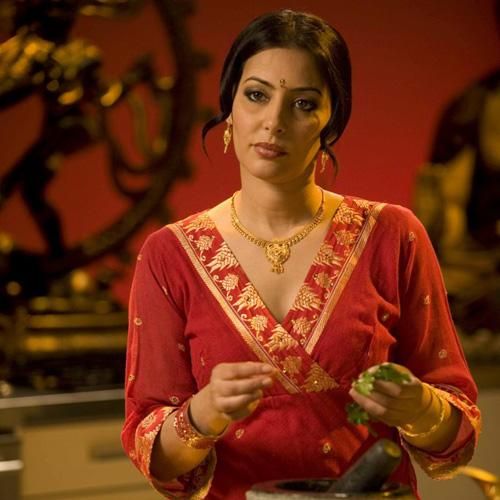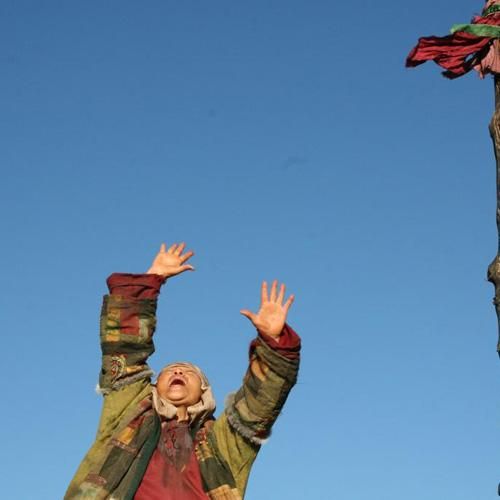Festival-goers at the fifth annual Dubai International Film Festival (DIFF) will find a number of films that depict remarkable stories of a diverse selection of brave women prevailing in their struggles against sexism, conflict, and history itself, providing for inspiring cinema and incredible role models.
Yes, Madam Sir is the fascinating story of India's first policewoman, the trail-blazing Kiran Bedi, who fought for three decades against complacency, corruption, sexism and crime and blazed a trail for professional Indian women. In The Truth be Told: the Cases Against Supinya Klangnarong, director Pimpaka Towira—accompanies journalist Klangnarong as she faces a series of major lawsuits after exposing a conflict of interest in the Thai government's business dealings.
Women facing up to the utter disruption of their lives due to conflict present compelling portraits in two documentaries: in Open Shutters Iraq, film maker Maysoon Pachachi presents a record of a photography project in which Iraqi women were given digital cameras to record visual diaries of their daily lives. The project's manager, Irada Zaydan, risked her life to travel across Iraq in search of participants, facing power cuts, road and border closures, death threats, and bombings, all of which make for a portrait of a brave visionary. Likewise, Fadma, an elderly Berber woman in Dalila Ennadre's frank J'Ai Tant Aime (I Loved So Much), discusses her thoughts of love, identity and history through her experience as a ‘comfort woman' for Moroccan soldiers during the Indo-China War.
Two films based on true events depict women struggling for love and dignity against incredible odds. Turkish actress Ayca Damagci plays herself in Gitmek (My Marlon and Brando), an epic story of Ayca's deep love for Kurdish Iraqi actor Hama Ali. After meeting on a shoot shortly before the 2003 invasion of Iraq, both returned to their respective homes—Ayca to Istanbul, Hama to Suleymaniye, a village near the Iraq/Iran border.
As Ayca watches the news reports from Iraq, she decides to make her way to Hama, embarking on a journey through life-threatening territory. Skin depicts a woman growing from a traumatic childhood through to maturity and self-acceptance: Sandra Laing is legally classified as a black baby born to a young white couple in Apartheid-era South Africa. Her parents fight stoically against governmental oppression, until Sandra falls in love with a black man, when she is disowned and left to struggle alone for a place in the world.
Larger-than-life matriarchs loom large in Apron Strings, a New Zealand film that probes the relationships between mothers, children and food. Tara, aligned to her traditional Sikh heritage, is queen of her no-frills curry house. Her estranged sister Anita holds court on her stylish Indian cooking program, but her perfectly controlled world crumbles when her son Michael discovers Tara and ignites the inevitable confrontation between the sisters.
In Halmae Kkot (Grandmother's Flower), a South Korean grandmother holds her family together in the face of political unrest and family feuds after her husband is jailed and tortured, subsequently falling into alcoholism. Baksy (Native Dancer) depicts an elderly village seer and spiritual guide in Kazakhstan, evicted from her land by local gangsters. The villagers only recognize her importance when her gift is needed in the search for a missing child.
The strength and resilience of girls is also well represented: Engi Wassef's poetic documentary Marina of the Zabbaleen introduces 11-year old Marina, who lives with her family amidst the squalor of Zabbaleen village, where over 2,000 tonnes of refuse arrives each day to be sorted, recycled or destroyed. Marina's powerful imagination and curiosity transcend the reality and offer perspective on the lives of the workers and their families. The titular character of Niloofar is a 13-year-old Iraqi girl whose dream is to study, in a village where education is only for boys.
She disguises herself as a boy until biology proves too powerful, with disastrous results. 10-year old orphan Tembi and her younger brother are left penniless after their mother dies in iZulu Lami (My Secret Sky). Taking their destiny in her small hands, Tembi convinces her brother to hitchhike to Durban, where they face a terrifying metropolis that threatens to overwhelm them.


